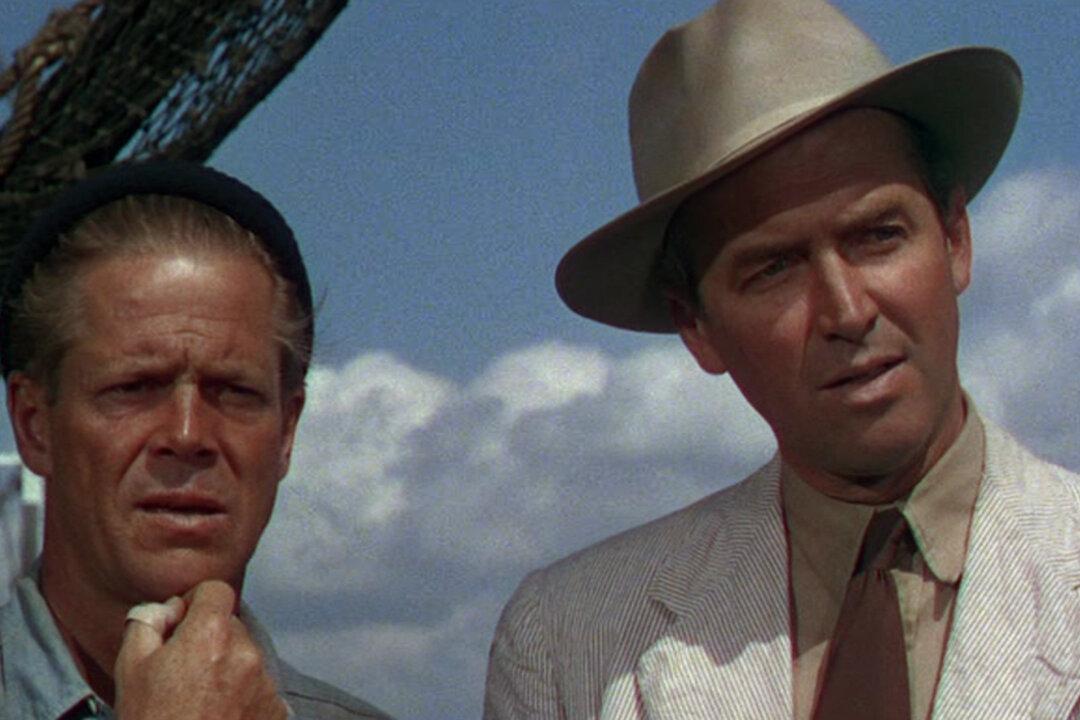NR | 1h 43m | Adventure, Drama | 1953
In the early 1950s, the talented director Anthony Mann took a successful detour into the world of Westerns, crafting films like “Winchester ‘73” and “The Man From Laramie.” These films not only solidified Mann’s reputation but also propelled legendary actor James Stewart into the highest echelons of the genre.






